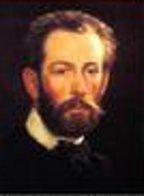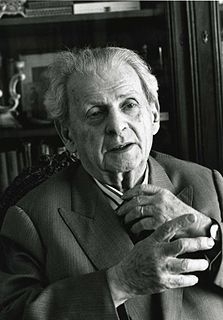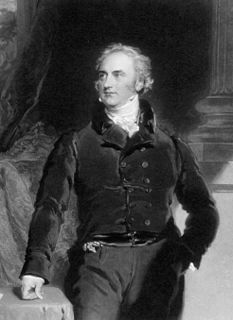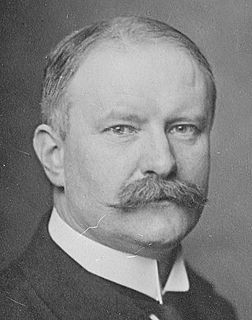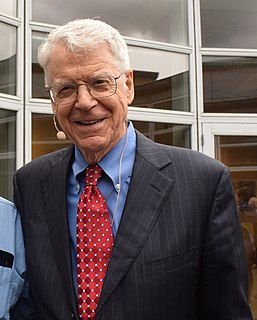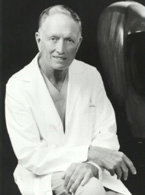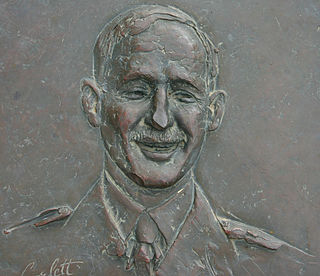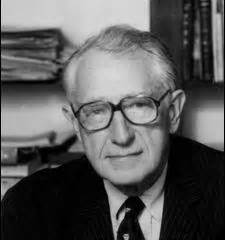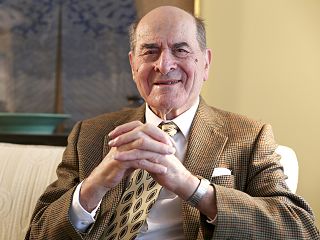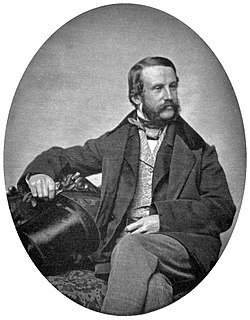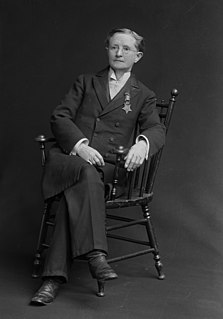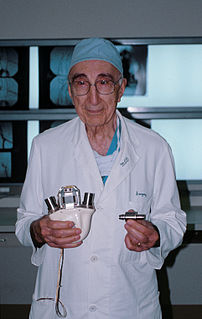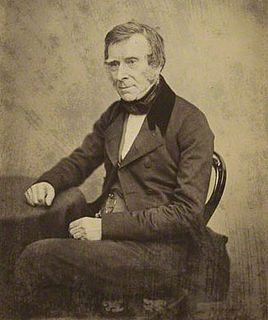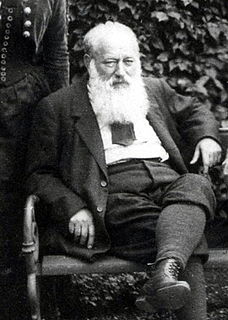A Quote by Philibert Joseph Roux
As long as we love, we lend to the beloved object qualities of mind and heart which we deprive him of when the day of misunderstanding arrives.
Related Quotes
Today is the day in which to express your noblest qualities of mind and heart, to do at least one worthy thing which you have long postponed, and to use your God-given abilities for the enrichment of some less fortunate fellow traveler. Today you can make your life . . . significant and worthwhile. The present is yours to do with it as you will.
Temperance is love surrendering itself wholly to Him who is its object; courage is love bearing all things gladly for the sake of Him who is its object; justice is love serving only Him who is its object, and therefore rightly ruling; prudence is love making wise distinction between what hinders and what helps itself.
No one can become fully aware of the very essence of another human being until he loves him. By his love he is enabled to see the essential traits and features in the beloved person; and even more, he sees that which is potential in him, which is not yet actualized. Furthermore, by his love, the loving person enables the beloved person to actualize these potentialities. By making him aware of what he can be and what he should become, he makes these potentialities come true.
Lovers feel a certain burning in their hearts. A deep longing and desire to meet with the beloved creates that burning. To love God is bound to create a very great fire in you. You will be on fire because you have chosen as your love object something impossible. You will have to weep and cry, and you will have to pray, and you will have to fast, and your mind has to continuously repeat and remember the beloved.
Pleasure and pain at once register upon the lover, inasmuch as the desirability of the love object derives, in part, from its lack. To whom is it lacking? To the lover. If we follow the trajectory of eros we consistently find it tracing out this same route: it moves out from the lover toward the beloved, then ricochets back to the lover himself and the hole in him, unnoticed before. Who is the subject of most love poems? Not the beloved. It is that hole.
Love remains a relation with the Other that turns into need, transcendent exteriority of the other, of the beloved. But love goes beyond the beloved... The possibility of the Other appearing as an object of a need while retaining his alterity, or again,the possibility of enjoying the Other... this simultaneity of need and desire, or concupiscence and transcendence,... constitutes the originality of the erotic which, in this sense, is the equivocal par excellence.
It is by loving, and not by being loved, that one can come nearest the soul of another; yea, that, where two love, it is the loving of each other, that originates and perfects and assures their blessedness. I knew that love gives to him that loveth, power over any soul beloved, even if that soul know him not, bringing him inwardly close to that spirit; a power that cannot be but for good; for in proportion as selfishness intrudes, the love ceases, and the power which springs therefrom dies. Yet all love will, one day, meet with its return.
I find very reasonable the Celtic belief that the souls of our dearly departed are trapped in some inferior being, in an animal, aplant, an inanimate object, indeed lost to us until the day, which for some never arrives, when we find that we pass near the tree, or come to possess the object which is their prison. Then they quiver, call us, and as soon as we have recognized them, the spell is broken. Freed by us, they have vanquished death and return to live with us.

